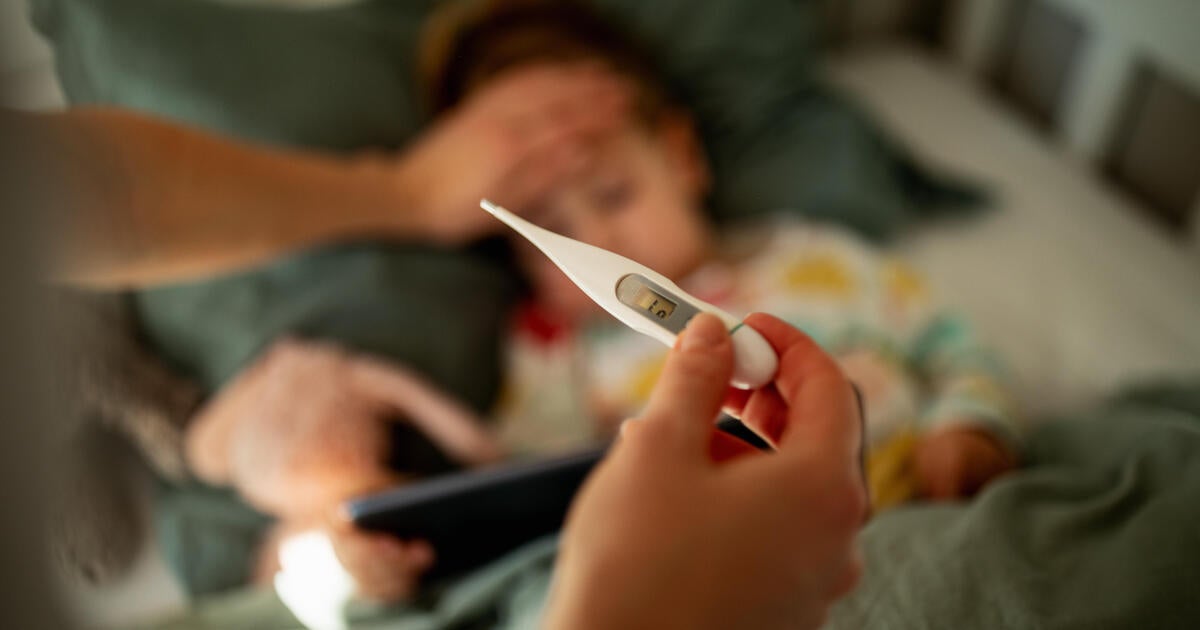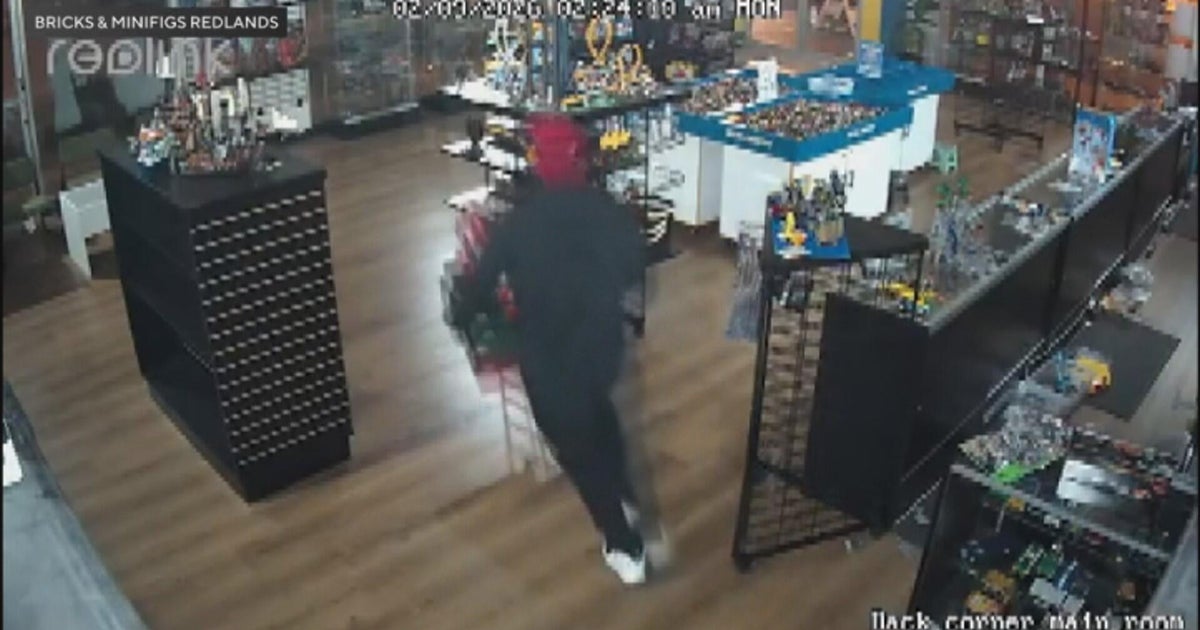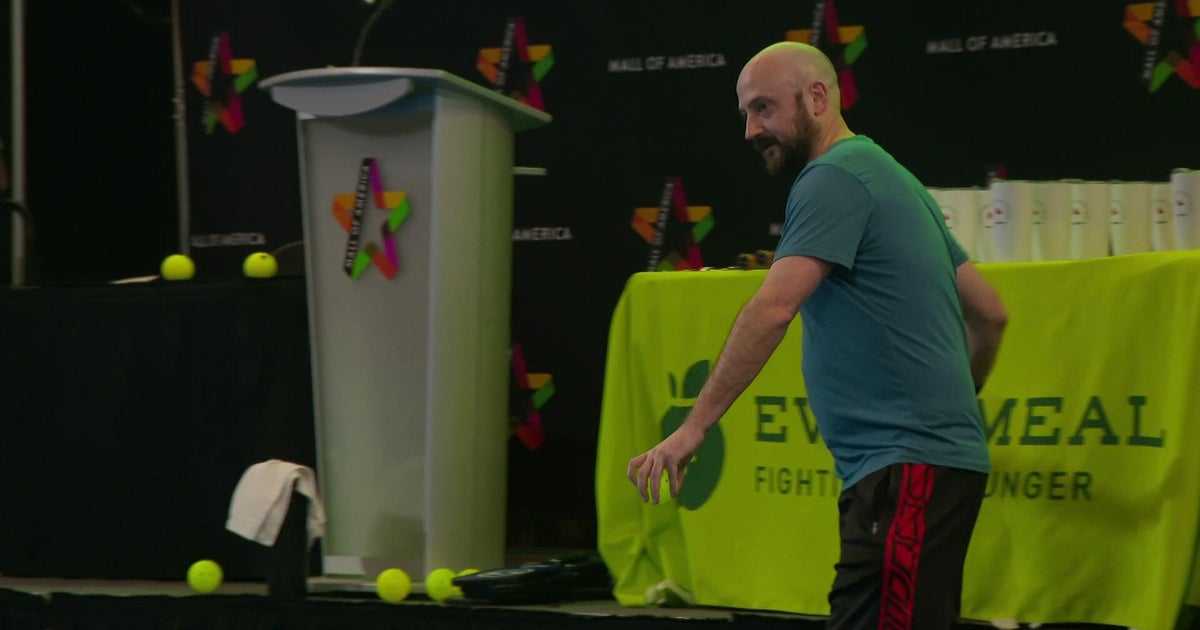Which Masks Are Best For Protecting Against COVID-19?
PITTSBURGH (KDKA) - As the Omicron variant continues to spread, there is a push for stronger masks by some health experts. Some feel cloth masks don't cut it anymore. The CDC came out and said wear what is best for you and did not give any specific one to wear.
Masks like N95s and KN95s are not fitted for children. Allegheny Health Network pediatrician Dr. Michael Petrosky said there are creative ways to add protection.
Parents like Ryan Waltman find themselves in the middle of these changes.
"We obviously don't want our kids to get sick but at the same time we're not trying to make it seem like they're living in a dystopian future," he said.
He's following all the guidance as best he can for his two children. Dr. Petrosky said in a perfect world, everyone would be wearing an N95 or KN95, as they offer the best protection.
"Kids sizes, it's really tough because there's not a lot of places to go," Waltman said.
"We live in the real world so we have to do what we can to the best of our ability," Dr. Petrosky said.
According to the doctor, any mask is better than no mask. He said a well-fitted mask is the goal.
"Fit is a big thing," Dr. Petrosky said over Zoom. "Making sure the masks fit properly, snug over the nose, limiting gaps on the side of the face and under the chin."
He said a way to improve the simple cloth masks is to double it with the widely-available disposable masks. The combination creates a stronger seal.
"Sometimes you get air gaps on the side or even above the nose. Putting them together, they can help zip those down," Dr. Petrosky said.
"You're just riding the wave the whole time with this thing. You just do the best you can," Waltman said.
To avoid counterfeit masks online, Point Park University computer science professor Jeffrey Seaman said the best deal might not always be the one to buy. He said counterfeits could cost more in the long term as you will have to spend more money to replace them.
To avoid hassle, use stores you know and check the website to make sure it looks legitimate.
"Always look and see if there is a little gray or green lock in the top left which identifies that it's using a secure website and it's not unsecure," Seaman said. "Hackers can obtain your information."
The professor said counterfeit sites could lead to your personal information being compromised.







